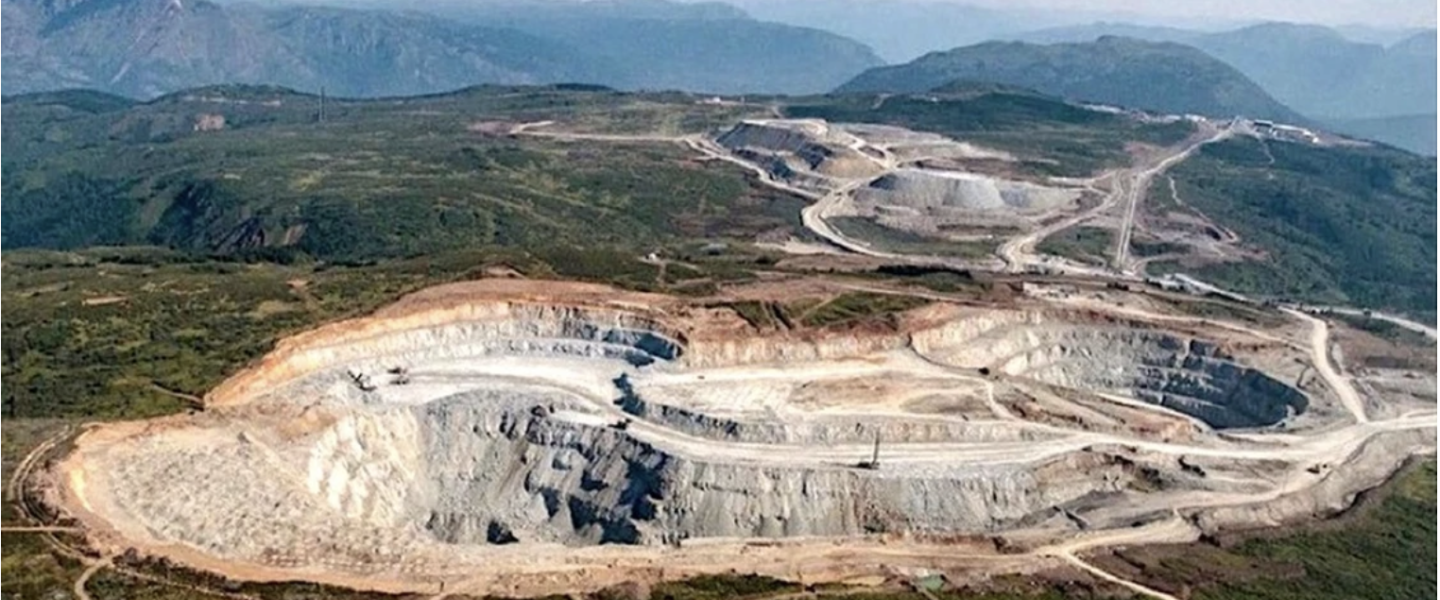Opinion: The MCCF risks perpetuating business-as-usual practices that exclude First Nations from critical decision-making processes
In 2023, the B.C. Supreme Court ruled in the Gitxaala v. British Columbia decision that the provincial government is required to consult with First Nations before registering claims under the Mineral Tenure Act by March 26, 2025. This ruling led to the creation of the mineral claims consultation framework.
Under the framework, mining companies can no longer simply register large swaths of land for mineral exploration. They must now notify First Nations of their intentions and allow a 30-day period for responses. This shift may result in an influx of approximately 10,000 additional placer and mineral applications annually, overwhelming often understaffed and under-resourced First Nations offices.
However, experts view these changes as merely a “distinction without a difference.” This type of consultation has been experienced before, most notably after the Haida decision in 2004, which required the Crown to consult and occasionally accommodate First Nations communities affected by industrial activities. As a result, First Nations are flooded with applications or “referrals” from various industries, including mining and forestry. Unfortunately, the current framework allows limited opportunities for First Nations to modify or prevent these permits, often rendering the consultation process ineffective.
Fast forward a decade to the 2014 Tsilhqot’in decision, where the Supreme Court of Canada recognized the Tsilhqot’in Nation’s ownership of approximately 1,750 square kilometres of land. This landmark ruling shifted the relationship between First Nations and the Crown from a mere “duty to consult” to a “duty to consent.” This new paradigm aligns with the province’s unanimous adoption of the UN Declaration on the Rights of Indigenous Peoples in 2019. Despite recognizing the challenges within the referral process, it appears that the province is now recommitting to a flawed system with the mineral framework, circumventing the substantive changes necessitated by years of legal battles and the provincial government’s spending millions fighting First Nations in court.
In the mining sector, there are examples of successful collaborations formed through respectful relationships and proactive decision-making that include First Nations. The 2020 agreement between the Lhoosk’uz Dené Nation, Ulkatcho First Nation, and the province, which supported the Blackwater Gold Mine, established a framework for sharing mineral revenues. Additionally, the Tahltan Central Government endorsed three operational mines, which constitute 41 per cent of mining exploration activities in B.C. The Declaration Act’s Section 7 serves as a foundational legal framework for establishing enduring, consent-based partnerships between rights holders and the Crown. In 2022, the Tahltan signed the first agreement under Section 7, marking a significant achievement in the implementation of the Declaration Act and solidifying shared decision-making processes for the Red Chris gold and copper mine in Tahltan Territory. This collaboration illustrates that when industry partners with First Nations under the UN Declaration framework, everyone can prosper.
Nonetheless, the framework does not come close to abiding by this collaborative approach, representing a step backward in recognizing the minimum human rights enshrined under the Declaration Act. Many in the industry may view this framework as a positive development, but this perspective conveniently overlooks the government’s obligations to uphold First Nations’ rights. Without meaningful changes, history has a habit of repeating itself, leading to continued costly legal disputes and hindering genuine reconciliation efforts. The framework risks perpetuating business-as-usual practices that exclude First Nations from critical decision-making processes.
A government committed to the principles outlined in the UN Declaration fosters partnerships rather than barriers, leading to shared prosperity for all British Columbians. A sustainable and thriving economy built on mutual respect and consent with First Nations rewards industry for being a true partner in economic reconciliation, rather than perpetuating outdated notions of governance that marginalize First Nations voices. Threats to our sovereignty by Trump and the United States must not force us backwards to old concepts of decision-making and governance. The people of B.C. deserve a future that progresses forward to a more inclusive society. First Nations in B.C. remain committed to building stronger relationships with both the Crown and industry, ensuring that all communities can prosper and flourish while respecting First Nations rights and values.
Terry Teegee is the regional chief of the B.C. Assembly of First Nations.

